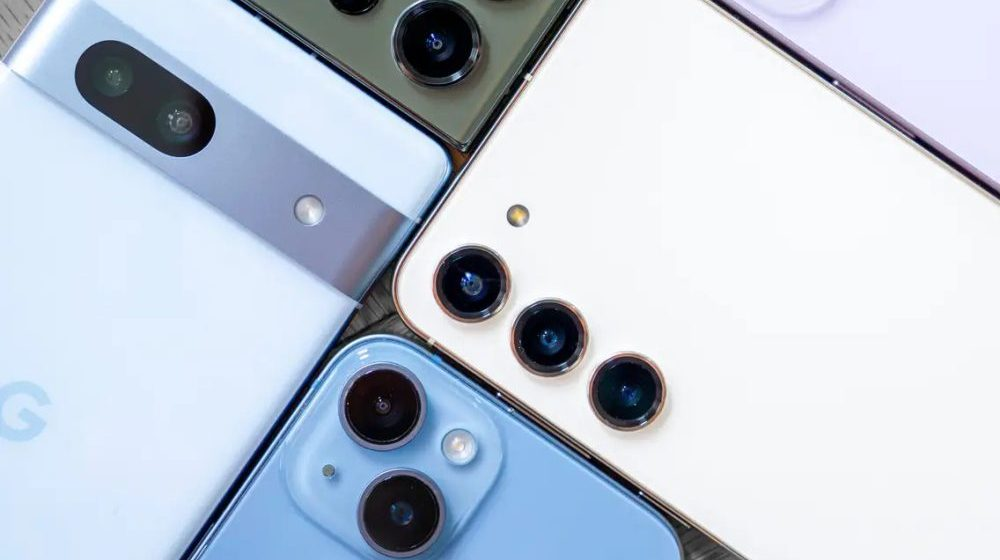Former U.S. President Donald Trump has expanded his earlier tariff proposal targeting Apple to include all smartphone manufacturers that sell devices in the American market. Trump stated that a 25% import tariff will apply universally to companies such as Samsung, Google, and others that manufacture smartphones outside the United States.
“It Wouldn’t Be Fair Otherwise,” Trump Declares
Speaking at a White House press conference, Trump emphasized the importance of fairness, saying, “It would also be Samsung and anybody that makes that product, otherwise it wouldn’t be fair.” He confirmed the new tariffs are part of a broader push to bring tech manufacturing back to U.S. soil.
The administration aims to implement the measure by the end of June, though specific guidelines on enforcement and exemptions remain undefined.
Aligned With Broader Trade Strategy
This proposal aligns with Trump’s prior trade policies, including a sweeping 125% tariff package focused on Chinese goods. Smartphones had previously been exempt, but Trump now suggests that this protection was only temporary. The proposed tariff will be categorized under “semiconductor sectoral tariffs,” designed to boost domestic electronics manufacturing and reduce foreign dependency.
READ MORE:
Brigitte Macron Playfully Slaps President Macron on Camera During Vietnam Arrival
Significant Challenges to Domestic Production
The announcement coincides with Apple’s ongoing expansion of iPhone manufacturing in India—a move that might not offer protection under the new rules. Relocating smartphone production to the U.S. presents a major hurdle due to entrenched supply chains across Asia, including China, Vietnam, South Korea, and India, where costs are significantly lower.
Future Still Uncertain
As with many of Trump’s trade announcements during his presidency, the current proposal lacks concrete implementation details. It’s uncertain whether the administration will follow through or delay the tariffs as seen in previous instances.
For now, tech companies are expected to closely monitor developments and evaluate potential legal and strategic responses. Industry experts warn that if the tariffs are enacted, U.S. consumers could face higher smartphone prices as companies pass on the added costs.




